Colleges across America are nearly universal in their embrace of diversity programs. From the Ivy League to community colleges, higher education has embraced the idea that exposure to diverse cultures, sexual orientations and socioeconomic status is critical to student success. At the same time, almost all seem dead set against the sort of diversity that is the foundation of a quality education – diversity in viewpoints.
College campuses used to be places where students could freely exchange and debate ideas. But today, survey data suggests most students, regardless of political orientation, are too scared to buck the campus status quo. A recent higher education survey of students including liberals, moderates and conservatives found that more than half were afraid to express their views on campus for fear of political consequences. Similarly, a 2022 survey by the Foundation for Individual Rights and Expression found that 40% of students are uncomfortable disagreeing with their professor either in public or in a written assignment.
Respondents are right to be afraid. Many institutions are set on ensuring ideological compliance, requiring both students and faculty to sign highly politicized “Diversity, Equity and Inclusion” pledges in the hiring, promotion and admissions process. A willingness to conform to these standards is often a prerequisite for students to obtain admission and for professors to obtain employment and tenure – and they’ve been essential to the construction of an academic environment in which free expression is no longer welcome.
Where campuses were once considered refuges of tolerance and free expression, now a full 52% of faculty endorse DEI statements as a condition of employment, and 68%of those who support DEI statements also support the restriction of so-called “hate speech.” In this restrictive academic environment, students are also becoming more intolerant. A YouGov poll found that 58% of students want a campus where they’re not exposed to “intolerant or offensive” ideas, and polling increasingly finds that large majorities of students believe speakers who express controversial opinions on hot-button issues like gender, abortion and election integrity should not be welcomed on campus.
Reform isn’t just necessary, it’s popular. Most Americans understand that education is about interacting with diverse ideas and developing intellectually rather than memorizing and adhering to a certain set of political ideas. A recent Our America survey found 89% of Americans are committed to getting politics out of the classroom. This point was of particular importance to Hispanic and Black respondents, as 82% and 81% respectively want schools to embrace the fundamentals of reading, writing and arithmetic while embracing a non-partisan approach to civics. These Americans realize what many academics seem to have forgotten; that civil discourse and free exchange around controversial ideas are part of a healthy, functioning democracy.
It is long past time to enact common-sense reforms. Our civil discourse depends on it. State and federal institutions should move toward requiring that schools disclose the extent of their DEI programs so parents and students can make informed choices about where to pursue their education. DEI statements as a prerequisite for admission or employment that violate the First Amendment rights of students and teachers need to be abolished. We need to encourage institutions of higher education to embrace academic diversity to ensure students are learning how – and not what – to think.
